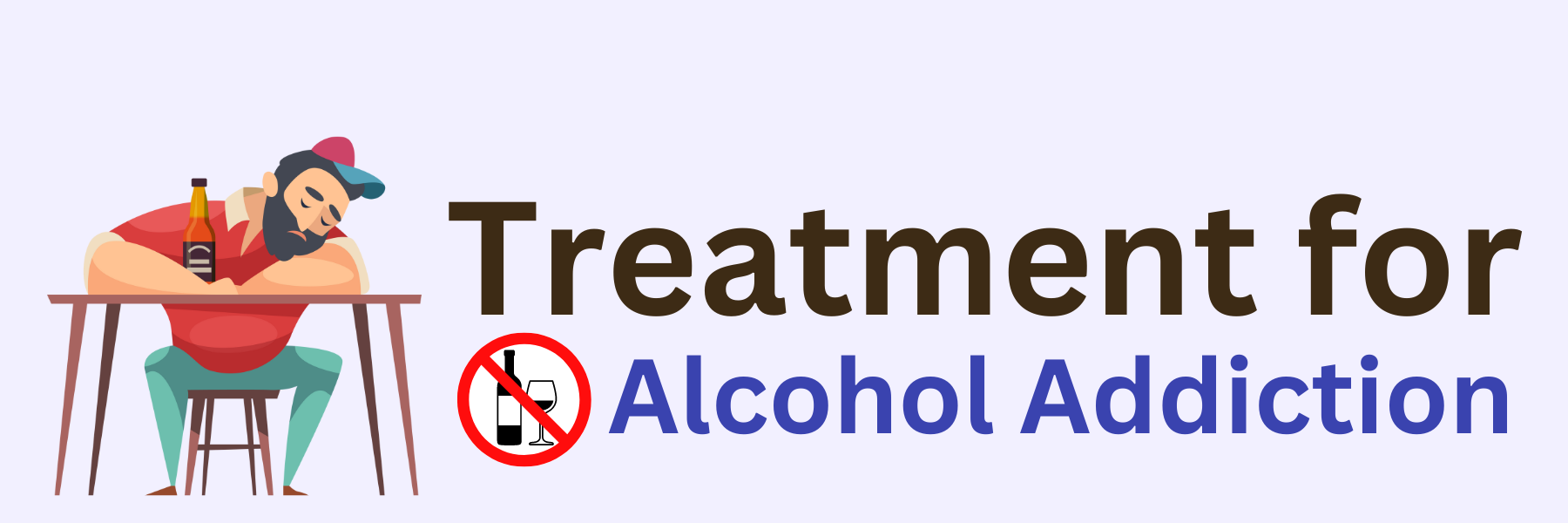
Alcohol addiction, commonly known as alcoholism, is characterised by a thirst for alcohol and an inability to stop drinking despite any harmful effects. Alcohol addiction happens when the brain adjusts its regular processes as a result of long-term alcohol use's chemical changes. Since alcoholism is a progressive disorder, continued usage will have severe effects and increase the likelihood of health issues.
Making an appointment for alcohol addiction treatment in Delhi NCR is a key first step if you or a loved one is prepared to take the courageous step toward recovery from Alcohol Addiction. The decision to seek assistance is a big one, and we at Roar Wellness Rehabilitation Centre are here to support you through it all.
Our dedicated team of professionals is focused on providing individualized and sympathetic care to people who are suffering from alcohol addiction. We provide based on research treatment plans that take a holistic approach to recovery by addressing the mental, emotional, and physical elements of addiction.
Simple and confidential appointment scheduling is available with us. Once you contact us, one of our intake specialists will walk you through the steps, address any concerns you might have, and arrange a convenient appointment time for your initial evaluation. Our highly trained doctors will examine your individual needs during this examination and provide an individualized therapy program that fits your preferences and goals.
At Roar Wellness Rehabilitation Centre in Delhi we put a high priority on your comfort and happiness, providing a calm and encouraging environment where you can concentrate on starting your recovery. Make an appointment for Alcohol Addiction Treatment in Delhi NCR today to take the first step toward a better, addiction-free life. Here is where your road to long-term healing begins.
Alcohol use is associated with a variety of negative health and social effects, including deterioration of interpersonal relationships, heart and liver disease, cancer, vehicle accidents, alcohol overdose, violence, homicide, and suicide.
Alcoholism might be challenging to identify. Alcohol is easily accessible and accepted across many cultures, unlike cocaine or heroin.
• Increased usage in both quantity and frequency.
• High alcohol tolerance or absence of "hangover" symptoms.
• Drinking in locations like churches or workplaces, or at unsuitable hours like first thing in the morning.
• Wanting to be in places where there is alcohol and staying away from places where there is none.
• A person with an alcohol addiction may pick friends who consume large amounts of alcohol.
• Staying away from loved ones.
• Hiding when drinking or hiding alcohol.
• Drinking too much to get by in daily life.
• Increased lethargic states, depression, or other emotional problems.
At Roar Wellness, we stand as a beacon of hope for individuals seeking recovery from alcohol addiction. Our commitment to your well-being is unwavering, and there are compelling reasons to choose us for your treatment appointments. We offer: